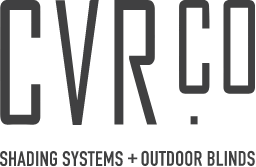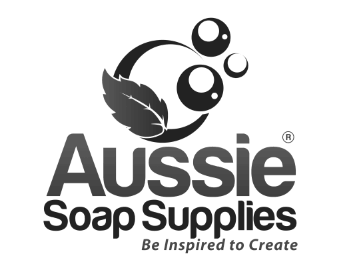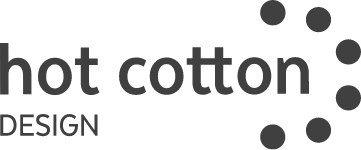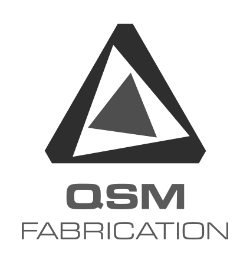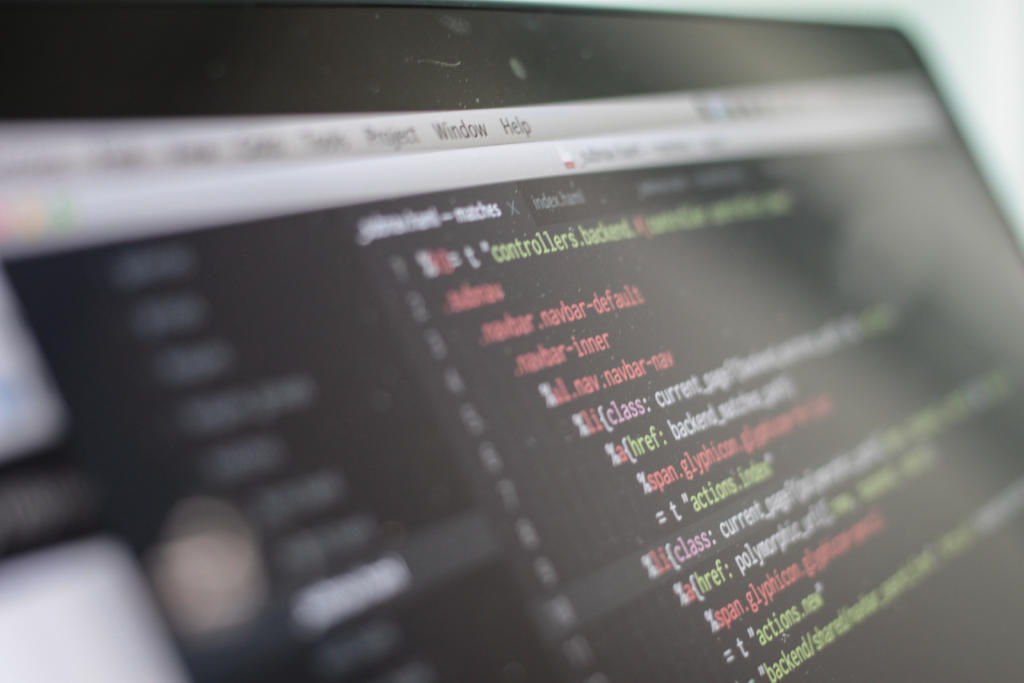
PHP 7 has been floating around for a while now, but many hosting services are yet to upgrade their programming language from PHP 5. This is especially concerning for WordPress users, since PHP 7 poses a range of benefits to WordPress site usability, responsiveness and search engine optimisation.
As security support for PHP 5 has now long ended, it’s time to look at how PHP 7 will continue to evolve for web users.
What is PHP?
The programming language PHP is fundamental to the WordPress core. That means, as ever, that using the latest version of the language is the best way to maintain optimal performance on your website.
PHP is the most widely-adopted programming language online because it’s exceedingly easy to use for both experienced and amateur programmers. It’s now used on 80% of the web.
Why PHP 7?
PHP 7 represents the first upgrade to PHP in about 12 years – PHP 7 was released in 2015 to enhance security and performance issues. Today, the most recent version of PHP 7 is 7.4 – and it’s incredibly important to know how it will work for you.
PHP 7.4 far outstrips its older counterpart in terms of development features. PHP 7.4 has been stripped of its outdated functions and has instead leaned in to the creation of a higher standard of PHP coding. Some new features have taken that space, including the ability to type hints and declarations, the use of anonymous classes and better error handling.
But some of the greatest benefits to PHP 7.4 are related to marketing – which, after all, is usually what a website is for. PHP 7.4 is designed to be much, much faster and much leaner than PHP 5, or even the initial release of PHP 7.0. In practice, this means web users can enjoy faster and leaner processing, which improves greatly on usability, responsiveness, search engine rankings and SEO.
In addition to the marketing benefits, PHP 7.4 houses new security features that make exploitation of vulnerabilities more difficult. Plus, PHP 5 is no longer supported from a security perspective – so vulnerabilities won’t be fixed by an active security support team when they arise.
It’s also worth noting that WordPress endorses PHP 7.4 and encourages all WordPress users to upgrade. WordPress have supplied some tools to assess compatibility of plugins, third-party code and themes for those ready to make the switch, including the WordPress Engine’s PHP 7 Compatibility Checker.
How do I upgrade?
We recommend you reach out to your hosting provider to ask for the upgrade to PHP 7.4. If they won’t comply, you should consider switching – Roobix is running PHP 7.4 to improve site speed, responsiveness, usability and search engine optimization for our Managed Marketing Service clients, and the results are telling!
To find out more about upgrading your programming language, give us a buzz on 13 30 40.


